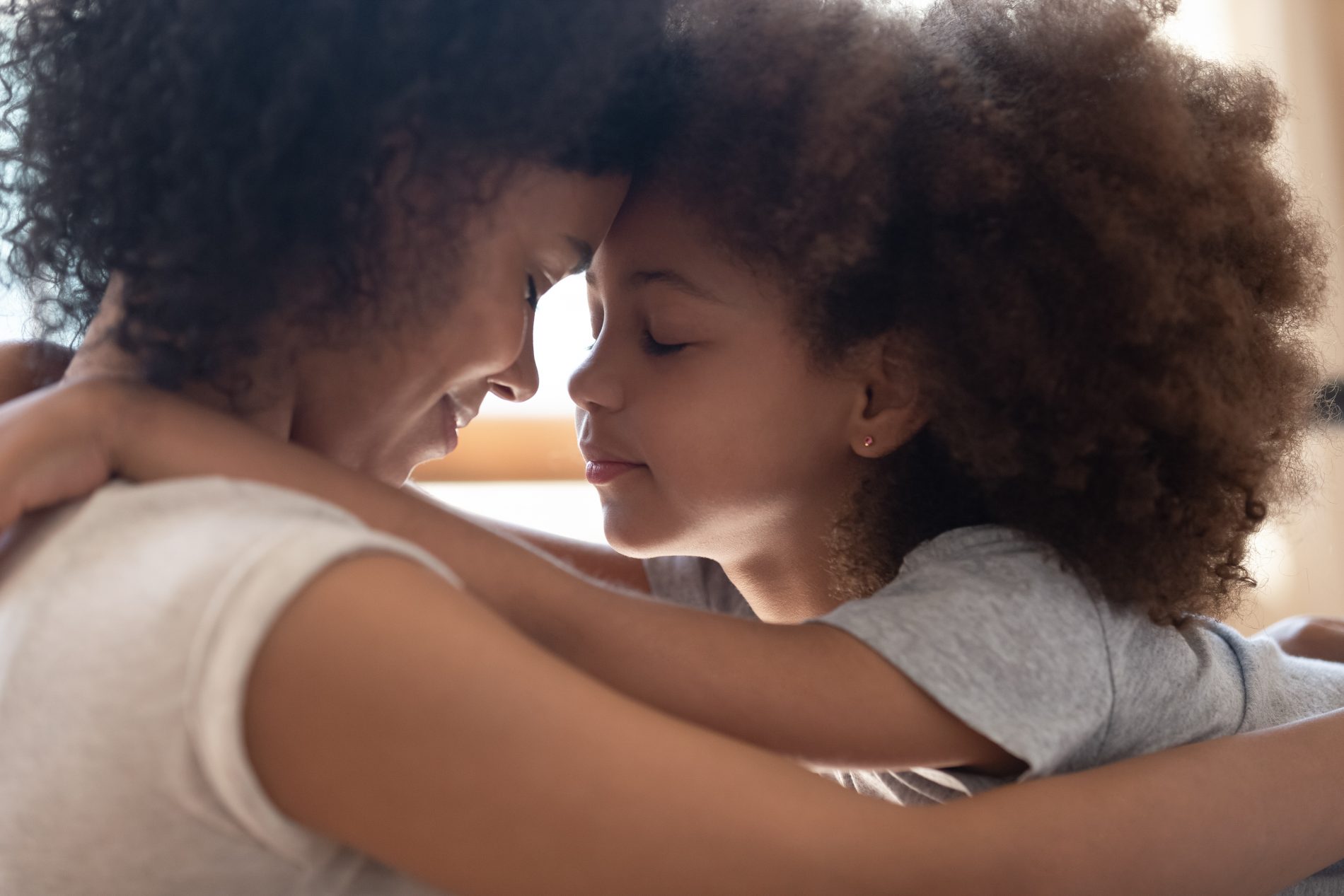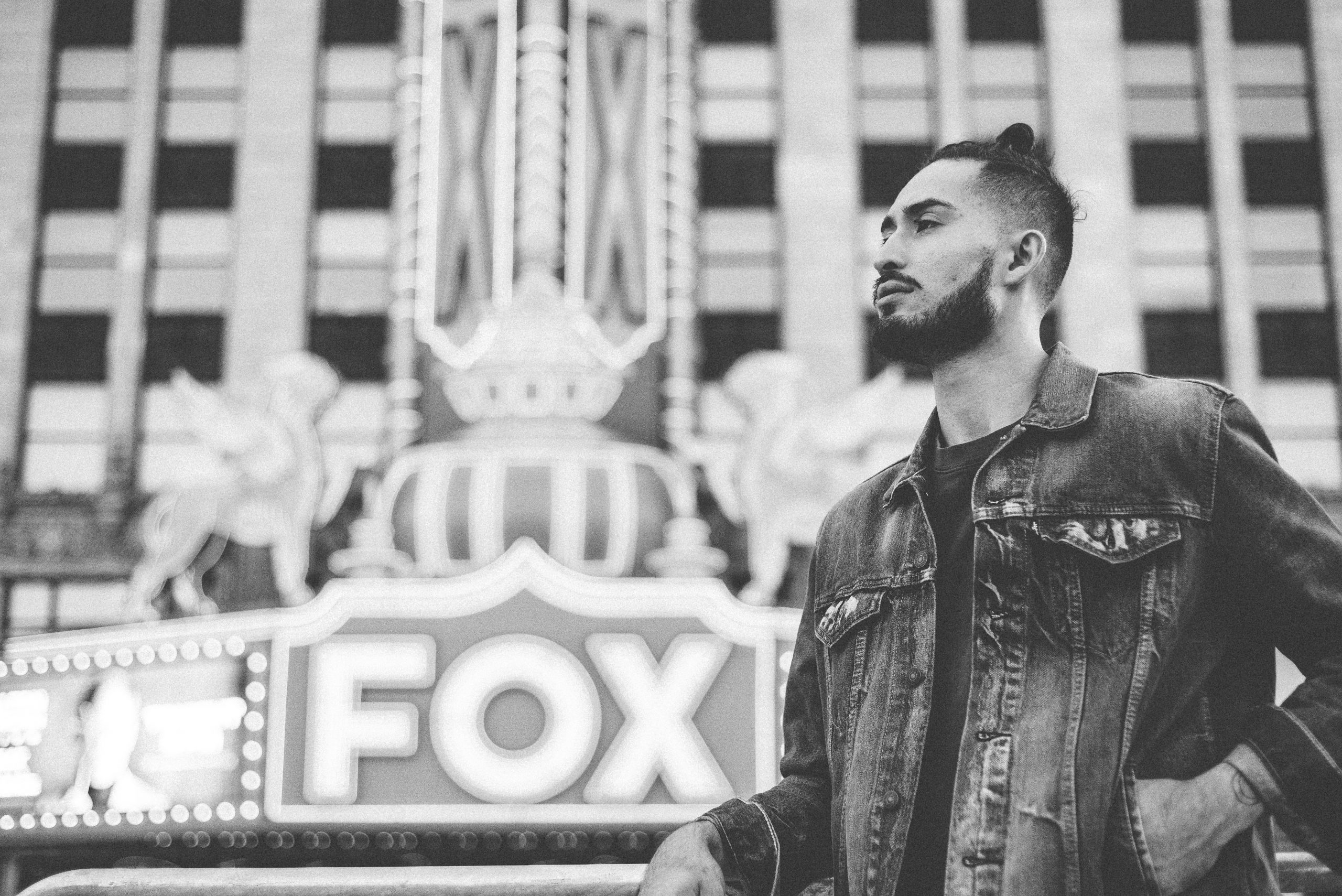Parents just want their children to come home.
I saw an interview with Anderson Cooper and the mothers of Michael Brown, Trayvon Martin, Tamir Rice, and Eric Garner, four black men (or boys in the case of Tamir Rice and Trayvon Martin) killed in confrontations with law enforcement over a period of two and a half years. They talked about some of the things I’ve been saying—namely, the disparity between how white people and black people perceive these tragedies. They argued about the injustices their sons endured in death. They spoke of how the justice system failed them and their sons.
I happened to glance at the comments section below the video on the website. It listed a number of hateful statements, including these:
“This is not racism; this is justice!”
“These men were all criminals and deserved what they got!”
“If these women had raised their kids better . . .”
My mind went into debate mode, internally arguing with these naysayers and skeptics: the indignant, self-righteous responders who were calling out against what the mothers were saying.
Then I came back to focus on the four women. Now I saw them differently. They were just moms. And the pain in their voices was so evident.
One thing cannot be argued: These mothers lost their sons.
As a father, I understand at least a little of their pain. As a black man with black sons and daughters, I’m very aware of the dangers for my kids in a society so divided about race. My wife and I will teach them as best we can to make good choices for themselves, to be the most they can be, and to follow God with all their hearts. But as they get older, we don’t know exactly where they will go, what steps they will take, and what might happen in this world of black and white that is never quite so black-and-white.
Ultimately, I just want them to be able to come home.
Some years ago, as Kirsten and I started having kids, we took them to meet Pop Pop in Washington, just as my parents had taken me once a year. I remember one time when we had our newborn Grace with us. Pop Pop was holding Grace in his arms. Her still-tiny head rested fully in the palm of his hand. He whispered to her softly, “I carry all my babies just like this. I carried your grandmom just like this. I carried your dad just like this.”
You see, in the end we’re not white or black. We’re families. Each of us is just someone’s dad, someone’s mom, someone’s son or daughter.
And someone’s grandchild. As my career flourished, Pop Pop was so proud of me. He would look at me with a smile and say, “So now you’re a pro football player.” He’d say that, and he’d nod. It was a statement of approval and pride. At some point, he started collecting souvenirs and football cards of the teams I played for. They found the most prestigious spot—alongside the other old-people trinkets on his shelves.
Pop Pop died when he was ninety-three. He passed on six months before Michael Brown was shot.
I don’t know what he would’ve said about Ferguson. He never talked much about social issues with me, maybe because he hoped and prayed I would not be affected by them as he had been. But he expressed his opinions and anger to others. He would have had very strong emotions about Ferguson.
I expect he might have seen himself in the person of Michael Brown. He was thirteen when he moved to Washington, DC. Brown was shot at the age of eighteen. Maybe Pop Pop would’ve imagined himself—that restless, rebellious young kid in Culpeper—living for five more years in the flickering shadows of those burning crosses. What a different path his life might have taken.
I expect that Pop Pop understood the significance of choosing the right path and building a different and better life.
And I expect that, had he lived to see the events in Ferguson unfold, he would have said to me, “Just remember. Remember us. Remember me. Continue to make us proud. Keep going.”
After all the arguments, after all the debates, after all the anger, I think that may be the best advice of all.

I saw Pop Pop literally on his deathbed, one week before he died. He looked at me with tired eyes, but even then they had a slight twinkle. With the faintest smile on his face, he said, “So now you’re a pro football player.”
Taken from Under Our Skin by Benjamin Watson and Ken Petersen. Copyright © 2016. All rights reserved by Tyndale House Publishers, Inc.

Can it ever get better? This is the question Benjamin Watson is asking. In a country aflame with the fallout from the racial divide—is there hope for honest and healing conversation? For finally coming to understand each other on issues that are ultimately about so much more than black and white?
An NFL tight end for the New Orleans Saints and a widely read and followed commentator on social media, Watson has taken the Internet by storm with his remarkable insights about some of the most sensitive and charged topics of our day. Now, in Under Our Skin, Watson draws from his own life, his family legacy, and his role as a husband and father to sensitively and honestly examine both sides of the race debate and appeal to the power and possibility of faith as a step toward healing.

Benjamin Watson is a tight end for the New Orleans Saints, a writer and speaker, and a widely read and followed commentator on social media.
He attended Duke University as a freshman and transferred to the University of Georgia, where he majored in finance. After an all-SEC senior campaign, he was drafted in the first round of the 2004 NFL draft by the New England Patriots. He won a Super Bowl ring in his rookie season and appeared in another Super Bowl following the 2007 season. After a three-year stint with the Cleveland Browns—including the 2010 season in which he led the Browns in receptions, receiving yards, and receiving touchdowns—Watson signed with the Saints in 2013.
Watson serves on the executive committee of the NFL Players Association and is the founder of the nonprofit One More foundation along with his wife, Kirsten. They live in New Orleans with their five children.









What do you think?